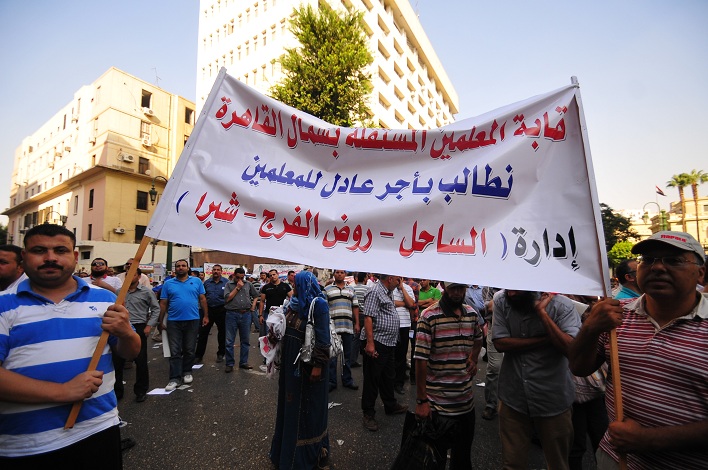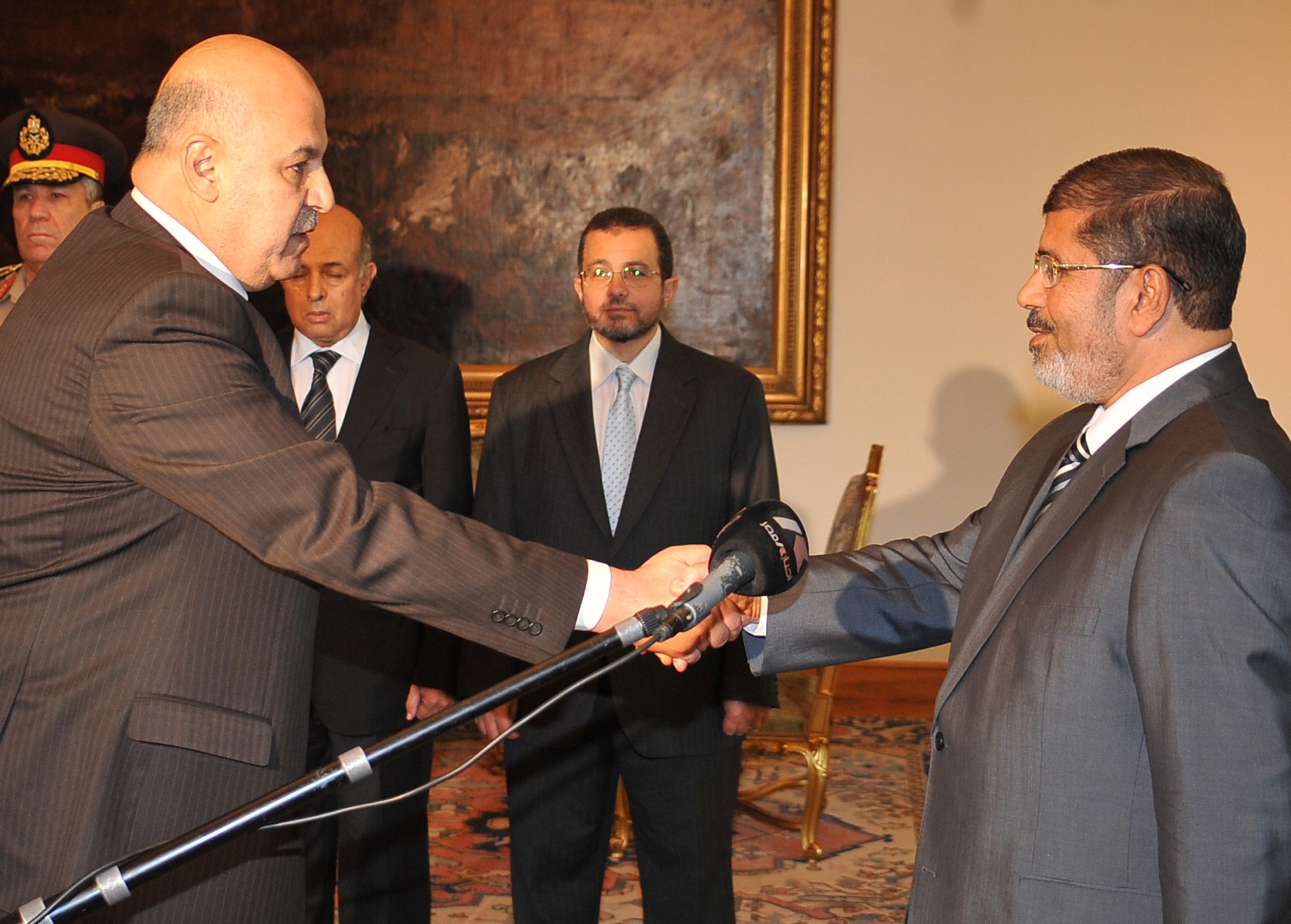SANAA: Yemen’s second-largest city Taez has mostly fallen to armed dissidents, a tribal leader said, as protesters in Sanaa called for a "millions march" to thwart plans by wounded President Ali Abdullah Saleh to return to power.
Fighting also raged between Yemeni troops and suspected Al-Qaeda gunmen Tuesday at the gates of Zinjibar, the southern city which had fallen under the jihadists’ control.
Armed dissidents seized control of most of Taez following clashes with troops loyal to Saleh, a top tribal chief said Tuesday.
"I consider Taez to have fallen under the control" of the dissidents, Sheikh Hammoud Saeed Al-Mikhlafi, the head of the tribal council in Taez told AFP by telephone.
He said that gunmen have been deployed in the city to "protect the peaceful (anti-regime) demonstrators" after they faced "genocide" by pro-Saleh security forces last week.
More than 50 demonstrators were killed last week after security forces cracked down on a sit-in in Freedom Square in central Taez, according to the UN human rights office.
At least 200 protesters were killed nationwide in more than four months of deadly protests.
Loyal security forces remained in pockets within Taez, including the bases of Central Security and the Republican Guard, as well as the local presidential palace and Al-Thawra hospital, an AFP journalist reported.
The interior ministry denied on state TV the assertion that dissident armed men have taken control of Taez.
Residents of Sanaa said meanwhile the capital was quiet on Tuesday
following a ceasefire after nearly 140 people were killed in clashes between gunmen loyal to powerful opposition tribal chief Sheikh Sadiq Al-Ahmar and Yemeni troops that erupted on May 23.
But protesters have called for a mass gathering.
"The Youth for Change who have said that Yemen was re-born when Saleh departed from Sanaa airport to Saudi Arabia have decided to stage a march of millions after they heard the regime’s announcement that Saleh will return in the coming days," said leading activist Wassim Al-Qurshi.
The protesters will march from the University Square — dubbed "Change Square" — the epicentre of anti-regime protests, towards the residence of Vice President Abdrabuh Mansur Hadi to urge him to form a national transitional council.
The march is also aimed at "urging the international community, mainly Gulf states, to prevent Saleh from returning to power," said Qurshi.
"Saleh can return as a Yemeni citizen but not as president."
Saleh, 69, is recuperating in a Saudi hospital after he was wounded in an attack on his palace last Friday.
The opposition, backed by young protesters, has vowed to prevent his return to power while the United States urged an "immediate transition."
But Hadi said the president’s health was quickly improving and that he would return to Yemen within days to take the helm of his teetering regime.
In Zinjibar, at least 15 people were killed, nine of them soldiers, in clashes which erupted when troops during the night advanced on the city in a bid to wrest it back from the control of extremists, the military and medics said.
Residents reported sporadic fighting outside Zinjibar on Tuesday, saying the army had not yet managed to enter the city.
Suspected Al-Qaeda militants have controlled much of Zinjibar, capital of Abyan province, since they overran it on May 29. Only the military base inside the city, home to the 25th mechanized brigade, remains in government hands.
The two sides blasted each other with machine guns, artillery rounds and mortar shells, military sources said, adding that the army would continue fighting the jihadists until the city is freed from their grip.
Security officials insist the militants holding the city are Al-Qaeda fighters but the political opposition accuses the government of embattled Saleh of inventing a jihadist threat in a bid to head off Western pressure on his 33-year rule.
Washington has urged Saleh, its declared ally in the "war on terror," to step down immediately.
Washington supports a deal, brokered by the regional Gulf Cooperation Council, that would see Saleh cede power to an interim administration within 30 days, in exchange for immunity from prosecution.
Saleh, a wily operator who since 1978 has bought off tribal loyalties and stitched them together into a governable framework, has refused to sign the accord and warned that his ouster would only serve to boost Al-Qaeda.
Hours after Friday’s attack on Saleh, State Department official Shari Villarosa said: "While we are in a period of uncertainty, I’d stress that our shared interest with the Yemeni government in fighting terrorism, particularly defeating Al-Qaeda in the Arabian Peninsula, does not rely solely on one individual.
"We are hopeful that any future Yemeni leaders will be solid counter-terrorism partners," said Villarosa, the deputy counter-terrorism coordinator for regional affairs.
Yemen is the home of Al-Qaeda in the Arabian Peninsula, an affiliate of the slain Osama bin Laden’s militant network. The group is blamed for anti-US plots including trying to blow up a US-bound airplane on Christmas Day in 2009.


